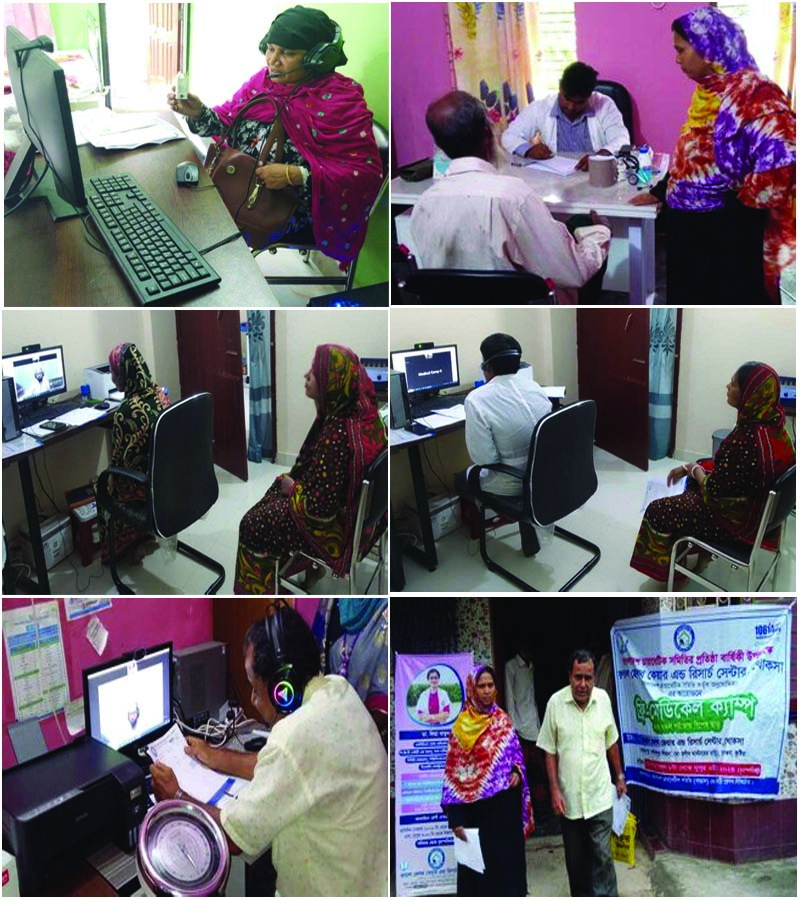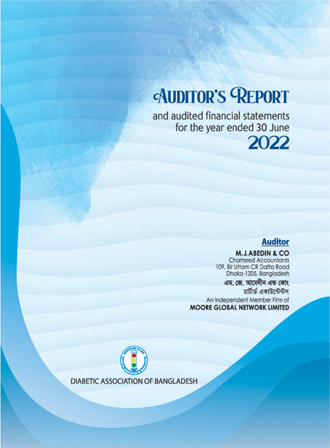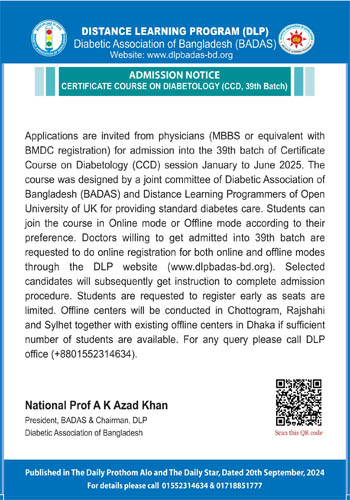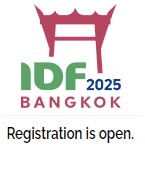BADAS Comprehensive Digital Healthcare Project
Introduction:
Healthcare is going through a digital revolution. Rapid development in technology is changing the approach to healthcare service delivery. Clinical laboratory testing, medical imaging, patient-doctor consultation, and even minor surgical procedures can now be provided affordably in remote areas with the help of technology. The evolution of mobile technology has given rise to the use of social apps such as WhatsApp. Viber. Imo etc. for patient-doctor consultation. Blood and urine tests can now be conducted using smaller equipment with less consumable to provide accurate and swift results. Portable hand-held devices can be used for capturing sound, ultrasound, fluid flow in blood vessels and electronic recording such as E.C.G. The biggest challenge to telemedicine was the inability to replace the experience of the face-to-face consultation between patient and doctor. Now, the combination of portable hand-held devices, rapid-test laboratory equipment and the use of audio-visual communication with social apps can greatly improve the telemedicine experience for both patients and doctors.
Readiness of BADAS:
Diabetic Association of Bangladesh (BADAS) with its vast network of hospitals and out- patient centres through its Affiliated Associations in 64 districts and 19 Sub-Affiliated Associations in sub-district level. is perfectly poised to benefit from this technological revolution to provide digital healthcare and greatly increase access to healthcare in remote areas. The Association has always nurtured innovation to improve healthcare service delivery whether be it through its Certificate Courses to improve proficiency of doctors or through its approach to adopt telemedicine for garment workers. Recent projects like the introduction of Ibrahim Healthline, roll out of BNDR, etc. are testament to this commitment.
According to a 2020 news article, for every 10.000 people in rural areas there are just 2.41 physicians, 1.36 registered nurses; for one million people there is 10 hospitals. with availability of hospital bed just 1 for every 4000 people, IDF estimates that over 45% diabetics still remain undiagnosed.
Digital Health is now a reality, and the Association can help improve and increase patient care through the adoption of technology yet again. This may reduce hospitalization of patients, and healthcare service delivery can become very affordable for patients even living in the remote corners of the country, where the government has made commendable, but limited strides.
The Rural Healthcare and Research Centre’s using Digital Health solutions:
Remote care Centre’s in rural settings can be setup with the combination of portable ultrasound, portable ECG. rapid-testing clinical laboratory analyzers and beds for patient observation and minor surgical procedures, not requiring general anesthesia. Each remote care Centre can be operated with a single doctor, one trained physician's assistant, two or three laboratory technologist and a nurse. Each centre will contain a small pharmacy dispensary connected to the BADAS Pharmacy Chain. The physician assistant will be trained by BADAS through a special course, the Physician Assistant Course. The course curriculum is designed to improve know-how on primary management of chronic and acute diseases and provide hands-on training on the use of portable ultrasound and ECG. BADAS has also launched a Family Medicine course to improve the skills of doctors to perform the functions of a general physician.
The remote centre’s, with permission from ICT Ministry, will be equipped with high-speed broadband internet connectivity to ensure connectivity with district-level Affiliated Associations. Upazilla Health Complexes and to the tertiary medical centre’s of BADAS such as BIRDEM General Hospital, BIHS General Hospital and the government specialized hospitals in Dhaka and elsewhere. Consultants and specialists working in BADAS facilities. Government hospitals, other private medical facilities and those living outside the country can provide specialist consultation making quality healthcare service affordable for the people living even in rural areas.

Modes of care from the Rural Healthcare and Research Centre’s:
The doctor will perform the activities of a general physician and patients can be connected to specialists via video call from these remote centre’s. The quick results from portable devices and rapid-testing laboratory equipment can be assessed by the specialists via video consultation. The physician's assistant and nurses can provide emergency care (such as bowel training or mechanical evacuation, minor surgeries using local anesthesia), the observation bed can also be used to provide intravenous injectables such as saline, painkiller, antibiotics, relevant medication can be supported by BADAS pharmacy chain Through these remote care centre’s BADAS can build an effective referral chain between secondary and tertiary medical facilities of BADAS and the government medical facilities as well. Through these remote care centre’s BADAS can build an effective referral chain between secondary and tertiary medical facilities of BADAS and the government medical facilities well.
Infrastructure support and detailed planning:
Utilizing BADAS' extensive network, sponsors donated infrastructure can be used to set the remote centre’s, with the BADAS recommended minimal requirements. Underutilized HCDPcentres can also be repurposed to serve as remote centre’s. A separate office with adequate funding will be required to coordinate, facilitate and maintain the remote centre’s. A more detailed technical and financial planning is needed.
BADAS Comprehensive Digital Healthcare Centre (BCDH):
The project may be named as BADAS Comprehensive Digital Healthcare Centre (BCDH). Wherever possible these activities will be coordinated with the Government Community Care Centre.




